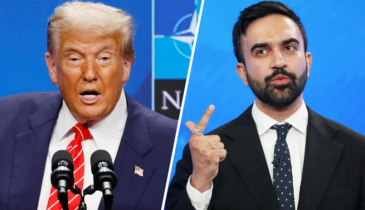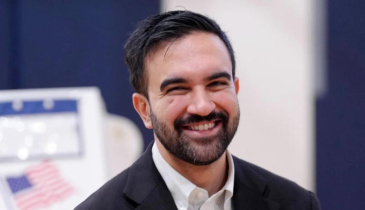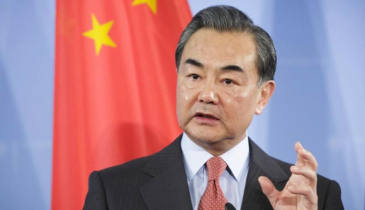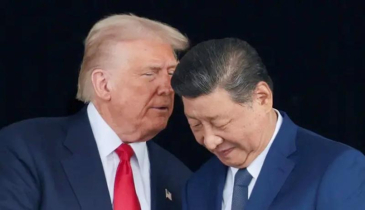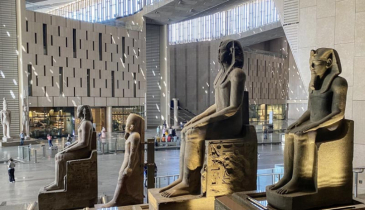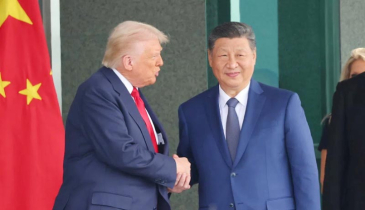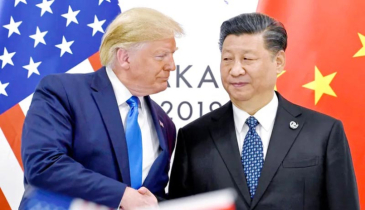Iran's FM says nuclear enrichment will continue but open to talks
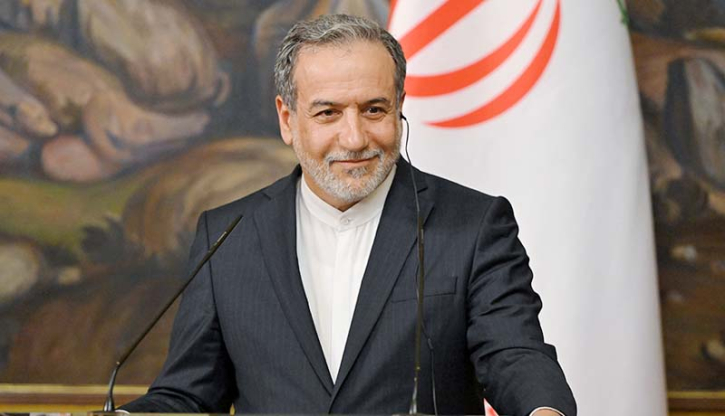
Iran’s Foreign Minister Abbas Araghchi has stated that Tehran will not abandon its uranium enrichment programme, despite the significant damage inflicted by a series of coordinated airstrikes from the United States and Israel last month.
In an interview aired Monday on Fox News, Araghchi emphasized that while enrichment activities are currently halted due to extensive damage to facilities, the programme itself is non-negotiable. “It is now stopped because, yes, damages are serious and severe,” he acknowledged. “But obviously, we cannot give up our enrichment because it is an achievement of our own scientists, and now, more than that, it is a question of national pride.”
The foreign minister reiterated Iran’s longstanding position that its nuclear programme is strictly for peaceful, civilian purposes such as energy production and medical research. Despite the current pause, Araghchi underscored Iran’s determination to restore and continue its nuclear activities.
At the same time, Araghchi signaled Tehran’s willingness to engage diplomatically. “We are open to negotiations with the United States,” he said, though he clarified that direct dialogue is off the table “for the time being.” However, he left the door open to mediated or indirect talks, saying, “If they [the US] are coming for a win-win solution, I am ready to engage with them.”
He also expressed Iran’s readiness to take steps to rebuild international confidence in its intentions. “We are prepared to implement any necessary confidence-building measures to demonstrate that our nuclear programme is peaceful and will remain so. Iran has never sought nuclear weapons, and never will,” he said. In return, Araghchi demanded that the US lift its economic sanctions, which have crippled Iran’s economy in recent years.
“There is a path to a negotiated solution—we’ve walked it before,” he noted, referencing the 2015 Joint Comprehensive Plan of Action (JCPOA), a landmark agreement under which Iran agreed to limit its nuclear activities and allow rigorous international inspections in exchange for sanctions relief.
The JCPOA unraveled in 2018 after then-President Donald Trump unilaterally withdrew the US from the pact, following Israeli Prime Minister Benjamin Netanyahu’s public claims that Iran was secretly pursuing nuclear weapons. Iran has consistently denied those allegations.
Efforts to revive the deal resumed earlier this year, with indirect negotiations taking place between Tehran and Washington. However, the fragile dialogue was derailed after Israel launched a surprise wave of airstrikes on June 13, targeting Iranian military and nuclear installations.
The cross-border conflict claimed over 900 lives in Iran, with Israel reporting at least 28 casualties. A ceasefire was brokered and came into effect on June 24, but tensions remain high, and the future of the nuclear deal is uncertain.
.png)


